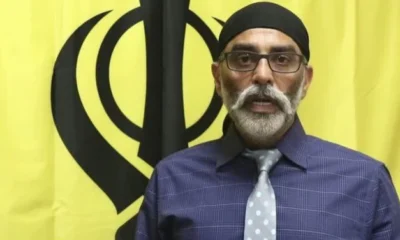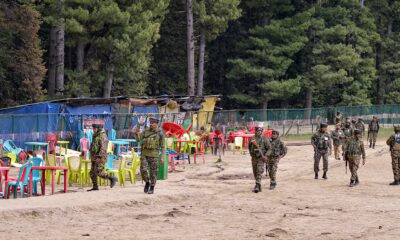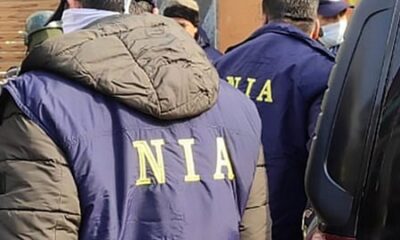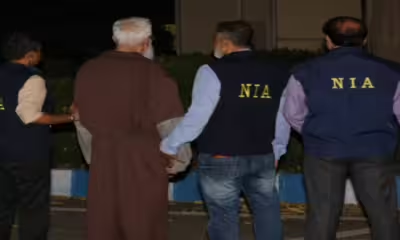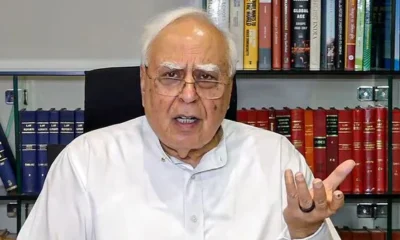India News
NIA receives mail threatening terror attack in Mumbai on Taliban leader’s orders
The National Investigation Agency has reportedly received a mail for an unidentified self-proclaimed member of the Taliban, threatening to carry out a terrorist attack in Mumbai on the orders of a high-ranking leader of the outfit.
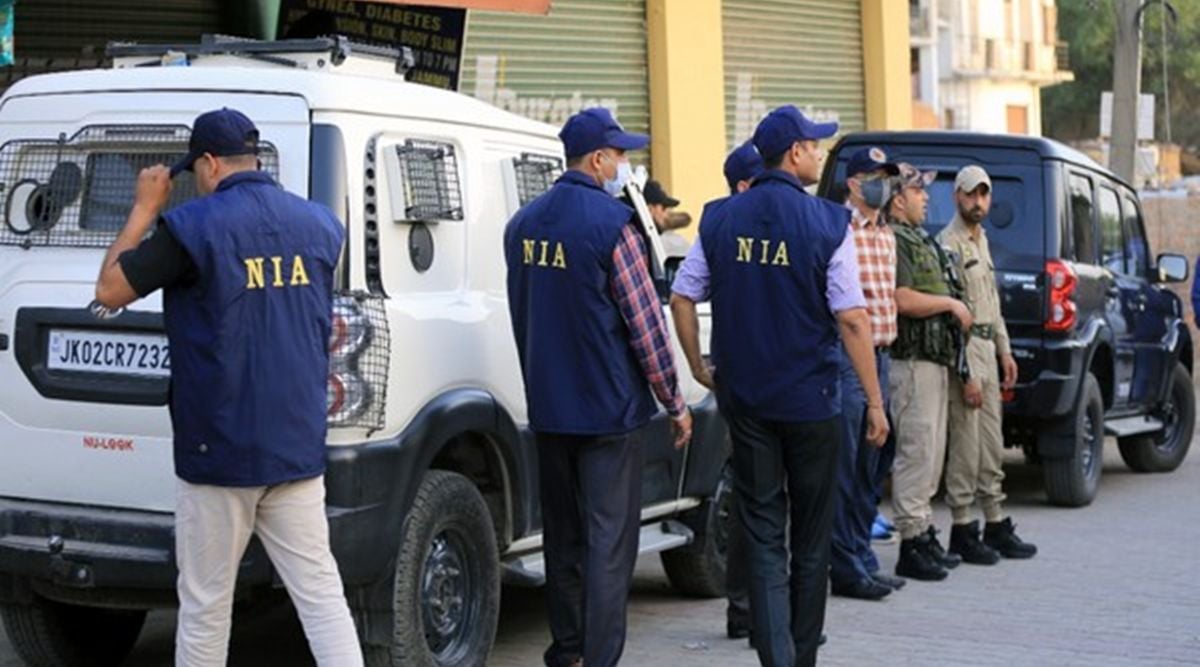
India News
Shashi Tharoor questions Centre over Kerala name change to Keralam
Shashi Tharoor has criticised the Centre’s decision to approve renaming Kerala as Keralam, questioning its impact and pointing to the lack of major projects for the state.
India News
Tamil Nadu potboiler: Now, Sasikala to launch new party ahead of election
Sasikala has announced the launch of a new political party ahead of the Tamil Nadu Assembly elections, positioning herself against AIADMK chief Edappadi K Palaniswami.
India News
As stealth reshapes air combat, India weighs induction of Sukhoi Su-57 jets
India is assessing the possible induction of up to 40 Sukhoi Su-57 fifth-generation fighter jets as stealth becomes central to future air combat strategy.
-

 India News16 hours ago
India News16 hours agoAs stealth reshapes air combat, India weighs induction of Sukhoi Su-57 jets
-

 Cricket news16 hours ago
Cricket news16 hours agoRinku Singh returns home from T20 World Cup camp due to family emergency
-

 India News15 hours ago
India News15 hours agoTamil Nadu potboiler: Now, Sasikala to launch new party ahead of election
-

 Latest world news3 hours ago
Latest world news3 hours agoTrump says tariffs will replace income tax, criticises Supreme Court setback in key address
-

 Latest world news3 hours ago
Latest world news3 hours agoTrump repeats claim of averting India-Pakistan nuclear war during Operation Sindoor
-

 India News3 hours ago
India News3 hours agoShashi Tharoor questions Centre over Kerala name change to Keralam
-

 Latest world news2 hours ago
Latest world news2 hours agoPM Modi to begin two-day Israel visit, defence and trade in focus



